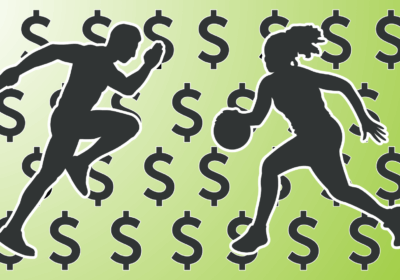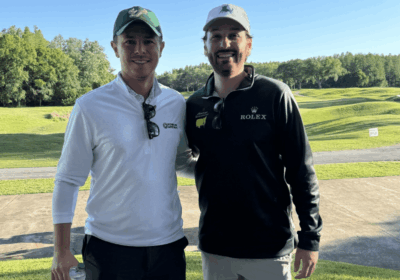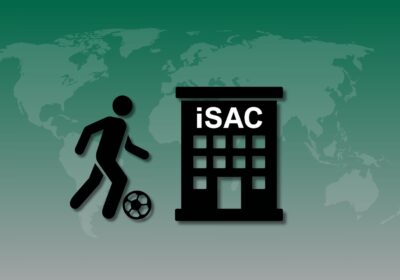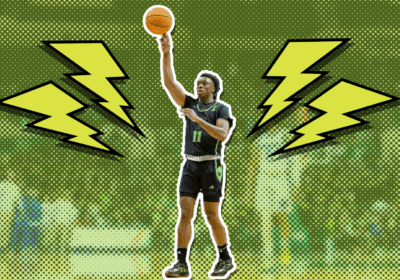USF athletes balance coursework with competition

The alarm goes off at 6 a.m., and before most students have hit snooze, USF men’s tennis player Hugo Car is already at his desk finishing an assignment.
With a full day of classes in the morning alongside conditioning and training in the afternoon, time is a luxury he cannot afford to waste.
“Getting things done in advance helps me stay ahead,” Car said.
Managing the demands of academics and athletics is a challenge, associate athletic director for academic services, JoEllen Rhome said.
“If you look at a student-athlete’s calendar, it’s packed,” Rhome said. “The challenge is staying on top of coursework while preparing for competition.”
The Bulls, however, have embraced it.
This fall, they set a program-record 3.46 GPA, marking 20 straight semesters above 3.0.
More than 85% of USF’s 421 student-athletes earned a GPA of 3.0 or higher, with men’s tennis leading the way with an average of 3.72.

“Excellence is a choice,” men’s tennis coach Ashley Fisher said. “We tell them, how you do anything is how you do everything.”
Related: USF student-athletes set new academic records across the field
Freshman Ettore Danesi, a finance major from Brazil, quickly learned success in both academics and athletics requires careful planning.
“You just kind of got to take every break you can get and get some stuff done,” Danesi said. “There’s a lot of things to do when we don’t have that much time.”
Both Car and Danesi’s days start with morning classes before heading to the court for practice and matches six days a week.
By the time they’re done, it’s evening and coursework still awaits.
To keep up, they utilize USF’s academic resources.
USF Athletics academic services provide tutoring and mentoring programs to support students balancing rigorous schedules.
“I have tutoring every Tuesday, and if I need extra help, I just reach out,” Danesi said.
All tutors and mentors are current USF students, with a team of around 35 to 45 members.
Car no longer uses tutoring but said he appreciates its role in helping younger athletes.
“For freshmen, it helps [them] get used to the system of balancing education and athletics,” he said.
Related: OPINION: USF can do more to help students tackle academic burnout
Rhome, who oversees the department’s efforts to ensure student-athletes remain on track to graduate, emphasized the importance of structured academic support.
“Our goal is always to be proactive rather than reactive,” she said.
Rhome said her team works closely with students to identify their academic needs and provide the necessary resources.
“We assess where the student is academically and determine what support they need to stay on track,” she said.
Faculty members are regularly contacted to ensure student-athletes have the resources to meet deadlines and understand class material, even when on the road.
Beyond tutoring, USF offers incentives to encourage academic success.
The Alston Award, a nationally recognized financial aid program for student-athletes who excel in the classroom, provides up to $5,980 annually to cover academic-related expenses.
“That’s a public recognition incentive for them, just to be recognized for their efforts,” she said.
For Car and Danesi, academic success is just as important as succeeding on the court.
“I obviously have the dream of playing professional tennis, but if that’s not possible, I need to make sure I can also have a successful career in whatever I choose to,” Danesi said.
Rhome echoed the sentiment.
“We always tell students, a degree is forever,” she said. “You may have great NIL deals now, but you won’t be 50 years old playing soccer. Having something that can change you and your family’s future is huge.”







